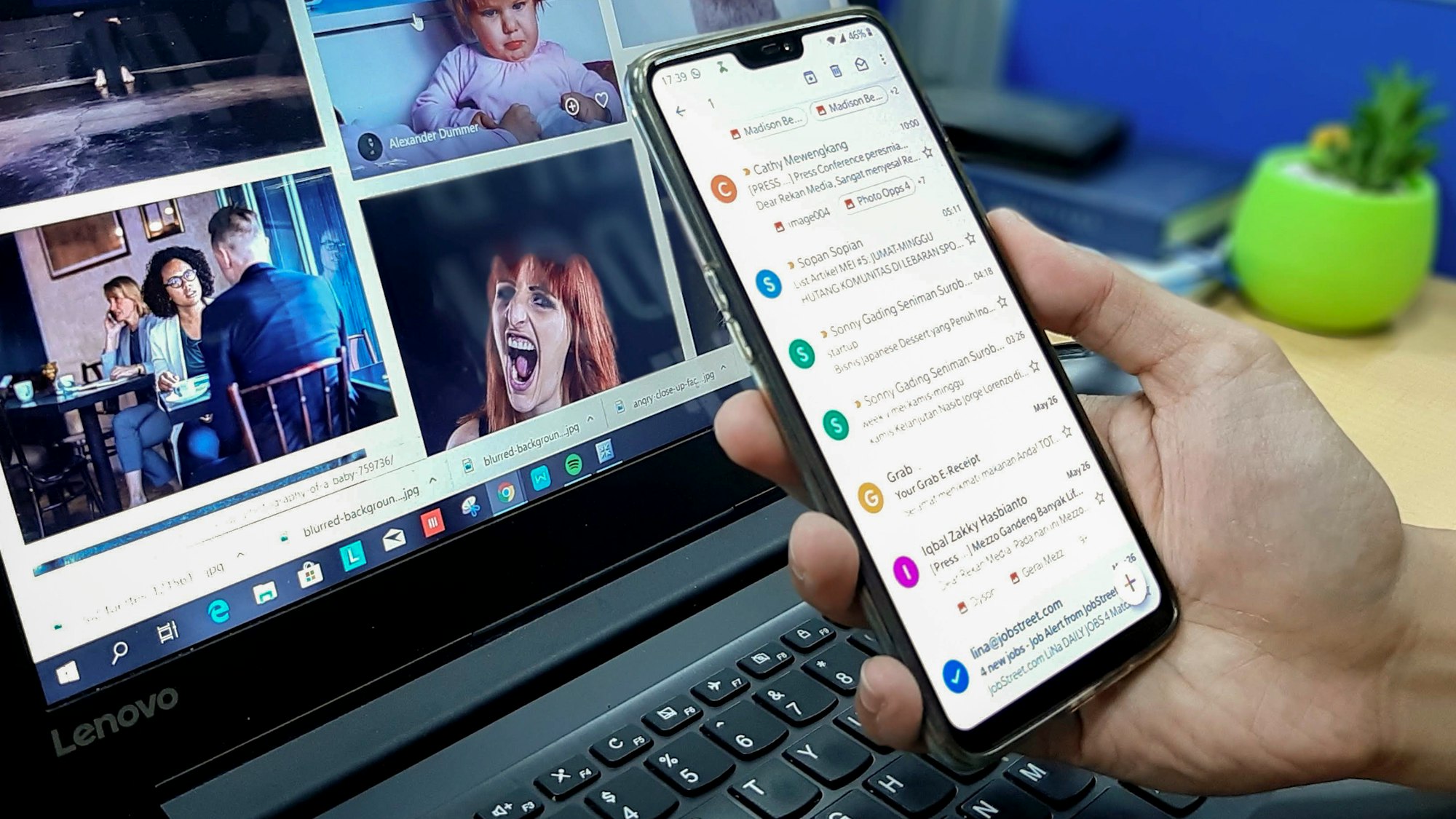Exploring Alternative Methods to Stay Informed Without Social Media While Maintaining Your Privacy

Social media has become the primary source of information for most people worldwide over the past two decades. Facebook, Instagram, and X (ex-Twitter) have integrated personal updates with breaking news on our newsfeeds.
However, the convenience of online news consumption raises the question: How can one balance the need for privacy with the desire for real-time information? These platforms often expose users to tracking, targeted ads, and other privacy concerns.
Personally, I've opted out of this conundrum. Except for using X (ex-Twitter) as a medium to share my writings, I've distanced myself from most social media platforms. And yet, I remain as informed, if not more, than many of my peers. How? Through avenues like RSS feeds and newsletters, which I've found to be both privacy-respecting and effective.
Why Privacy Matters (Again):
We live in a digital age where data breaches have become routine. Every time our personal information is exposed, it reminds us to maintain a minimal digital footprint. It's empowering to know our activities and preferences aren't monitored and sold.
Consuming news on social media platforms jeopardizes privacy. Every click, like, and share is monitored to customize ads and manipulate content, creating echo chambers where prejudice and disinformation can spread.
The Power of RSS Feeds

What is RSS Feed?
RSS, which stands for "Really Simple Syndication," is a technology that allows users to receive updated content from websites they're interested in directly, without having to visit each site individually. Think of it as a personalized news feed that aggregates content from various sources into one convenient stream, free from the noise of social media.
How RSS Feeds Promote Privacy
Unlike many social media platforms, RSS feeds prioritize content over tracking. Here's how they champion privacy:
- Minimal Tracking: With RSS, you're pulling content directly from the source, which means fewer intermediaries are monitoring your reading habits.
- Direct Content: No middlemen. No alterations. Just the raw content you signed up for.
- No Algorithms & Ads: Your feed isn't dictated by an algorithm deciding what you should read. There's also a notable absence of intrusive ads, which are often hotspots for trackers.
Setting Up Your RSS Reader
For those valuing privacy, here are some recommended RSS readers:
- Feedly: Known for its user-friendly interface, it's a favorite among many.
- Inoreader: Offers powerful tools for content aggregation without overwhelming ads. (I use this personally)
- Fraidycat: A unique approach to following web content, ideal for those wanting more than just traditional feeds.
Finding the RSS Feed URL Manually:
Visit the website you're interested in.
- Look for an icon that looks like radio waves (usually orange) or the words "RSS" or "Feed."
- Right-click on the icon or link and select "Copy link address" or a similar option.
- Paste this URL into your RSS reader’s 'Add Source' or 'Subscribe' function.
Remember, not all websites will have an RSS feed, but many news outlets and blogs still support this feature.
Curating Your Feed
The beauty of RSS is the power to curate a feed tailored to your interests.
- Finding Reputable Sources: Start with mainstream news outlets, then expand to niche publications or blogs. Tools like Feedspot can help you discover popular RSS feeds by category.
- Diversifying Your Feed: Just as with traditional news consumption, it's essential to diversify your sources. This ensures a well-rounded understanding and helps avoid potential bias. Seek out sources from different geographical locations, political standpoints, and subject matters.
What I am reading through RSS feeds
Newsletters – The Old Yet Gold Method:

What Makes Newsletters Special?
- Direct content to your inbox, curated by experts or organizations.
- Less noise, more focused content.
- Using dedicated email or tools to keep your main inbox clutter-free.
How to get started with Newsletters
- X.com is a good place to see people sharing their newsletters, so that's a start
- Substack is another good place to find interesting things for your preference
Conclusion
In the digital age, we often struggle to balance staying informed with protecting our privacy. Social media requires exchanging personal data for news and updates, but there are alternatives like RSS feeds and newsletters that provide a way to stay in the loop without compromising our digital well-being. Personally, I feel more in control of the information I consume and the data I share since adopting these methods. It's a balance that offers peace of mind and ensures satiated curiosity without sacrificing privacy.
